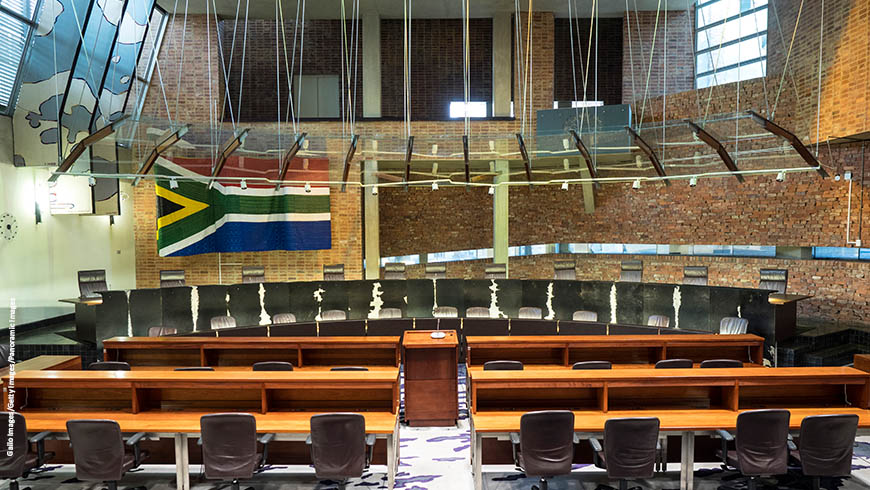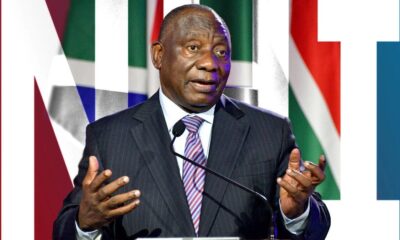News
Competition Commission Takes Rand Fixing Battle to Constitutional Court

South Africa’s highest court has been drawn into one of the country’s longest-running financial scandals. The Competition Commission is taking its fight against alleged foreign exchange manipulation all the way to the Constitutional Court, hoping to finally hold banks accountable for what it claims was a coordinated attack on the rand.
A Case That Refuses to Fade
The allegations go back almost two decades. In 2015, the Competition Commission opened an investigation into claims that traders at major banks conspired to fix the exchange rate between the US dollar and the rand. The alleged collusion, said to have occurred between 2007 and 2013, involved traders chatting with competitors at rival banks to influence the price of the USD/ZAR currency pair.
Since then, the case has been stuck in a maze of appeals, dismissals, and refilings. The Commission has been accused of dragging its feet, while the banks insist the case has done nothing but tarnish reputations without providing proof.
Why the Constitutional Court Matters
In January 2024, the Competition Appeal Court (CAC) struck a heavy blow against the Commission by releasing 17 banks from the case and limiting proceedings to just four respondents. The Commission is now asking the Constitutional Court to overturn that decision and reinstate its case against 13 banks, including big South African names like Standard Bank, Nedbank, and FirstRand, along with several international players.
If the apex court agrees to hear the matter, it could set a precedent that changes how South Africa deals with multinational companies accused of anti-competitive behaviour outside its borders. The Commission argues that if foreign banks can influence the rand from overseas, they should not escape scrutiny simply because they are not domiciled in the Republic.
The Banks Push Back
The banks at the centre of the case deny any involvement in rand fixing and have warned of the reputational fallout. Standard Bank has argued that this is not a constitutional issue, and therefore the Constitutional Court should not be used to settle it. Lawyers for other respondents say the Commission’s persistence amounts to “forum shopping,” trying different courts until it gets a favourable ruling.
Behind the legal language lies a simple truth: the rand is not just another currency. For South Africans, it represents livelihoods, savings, and the cost of living. If proven, manipulation of the exchange rate would not be a victimless crime.
Public Reaction
On social media, the case continues to spark outrage. Many South Africans still remember how the rand plunged during those years, making imported goods more expensive and fuelling inflation. For critics, the case is about accountability, not just technicalities.
Others, however, question whether the Commission has built a watertight case after a decade of setbacks. The drawn-out battle has raised doubts about whether ordinary citizens will ever see justice served in the alleged forex scandal.
What Happens Next
The Constitutional Court will hear arguments from Tuesday, 19 August 2025, over four days, giving both the Commission and the banks a final chance to present their sides. Whatever the outcome, the ruling will be closely watched by investors, regulators, and the public.
For South Africans, the question is simple: will the country’s most powerful financial institutions finally be held to account, or will this saga drag on for yet another decade?
Also read: The Strain of Healthcare in KZN: Simelane Confronts the Issue of Illegal Migrants in Hospitals
Follow Joburg ETC on Facebook, Twitter, TikTok and Instagram
For more News in Johannesburg, visit joburgetc.com
Source: IOL
Featured Image: Judges Matter



























